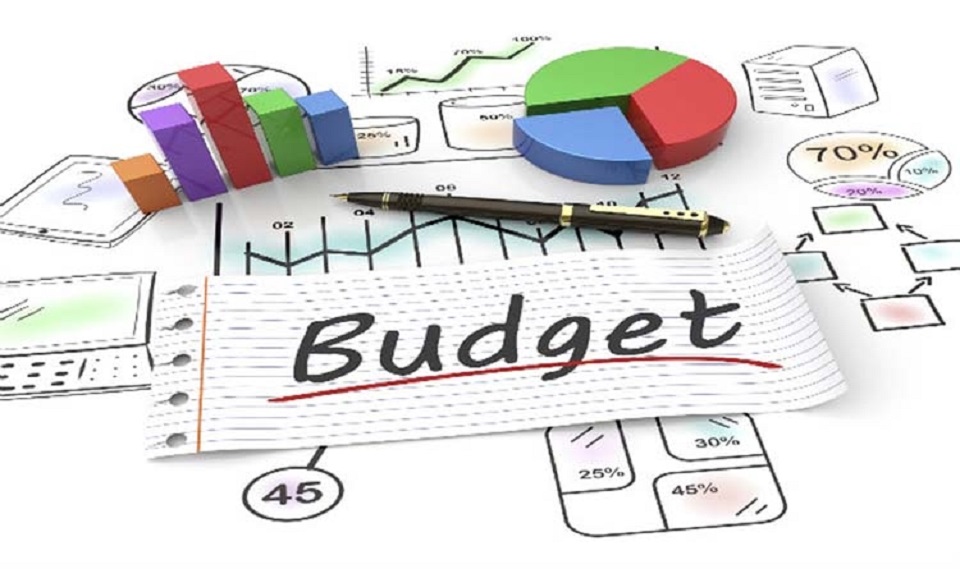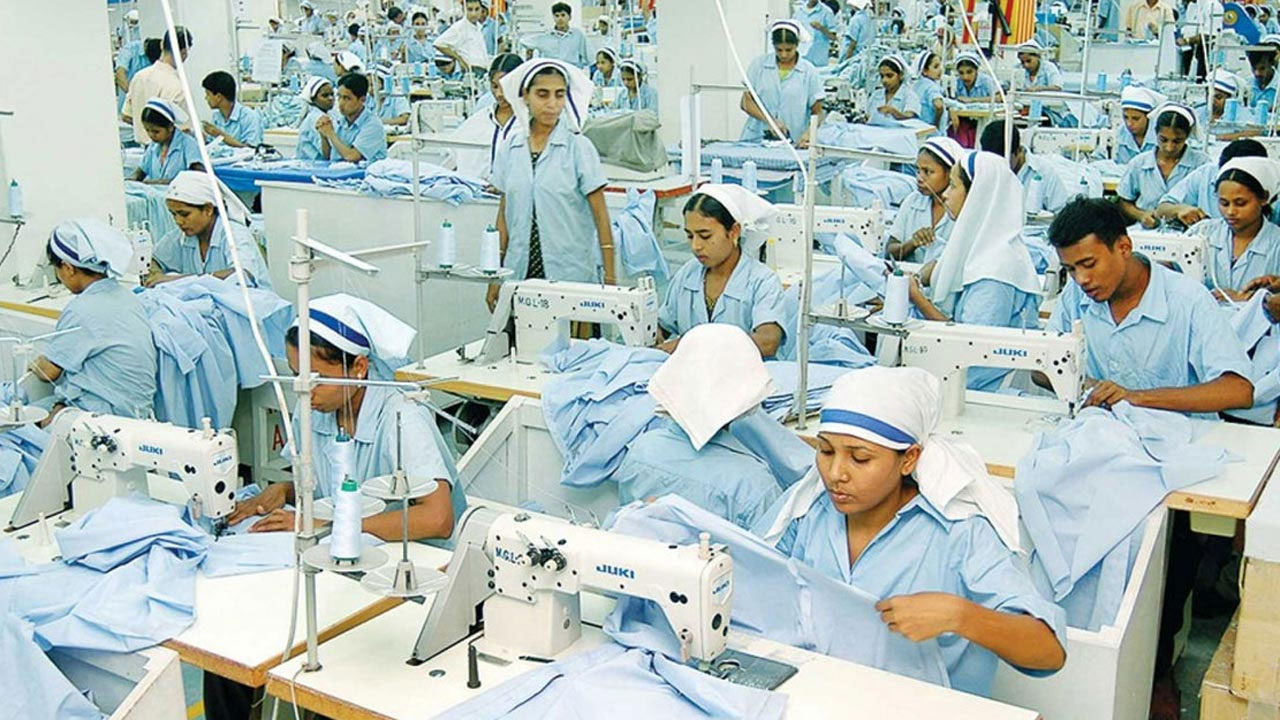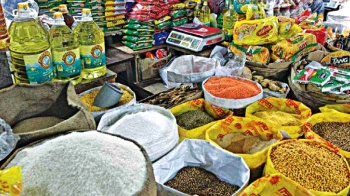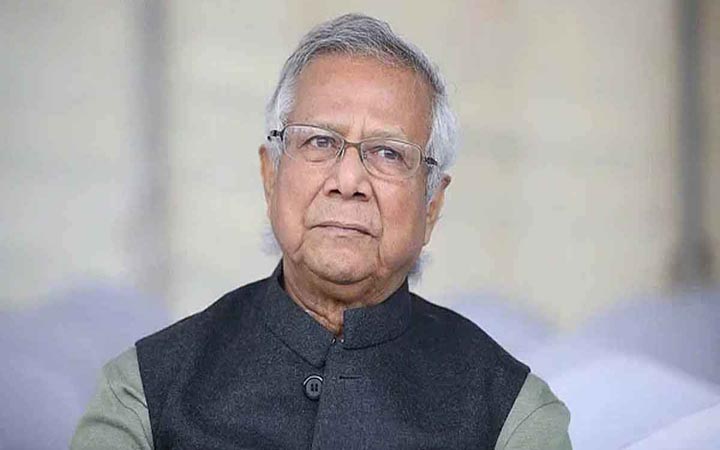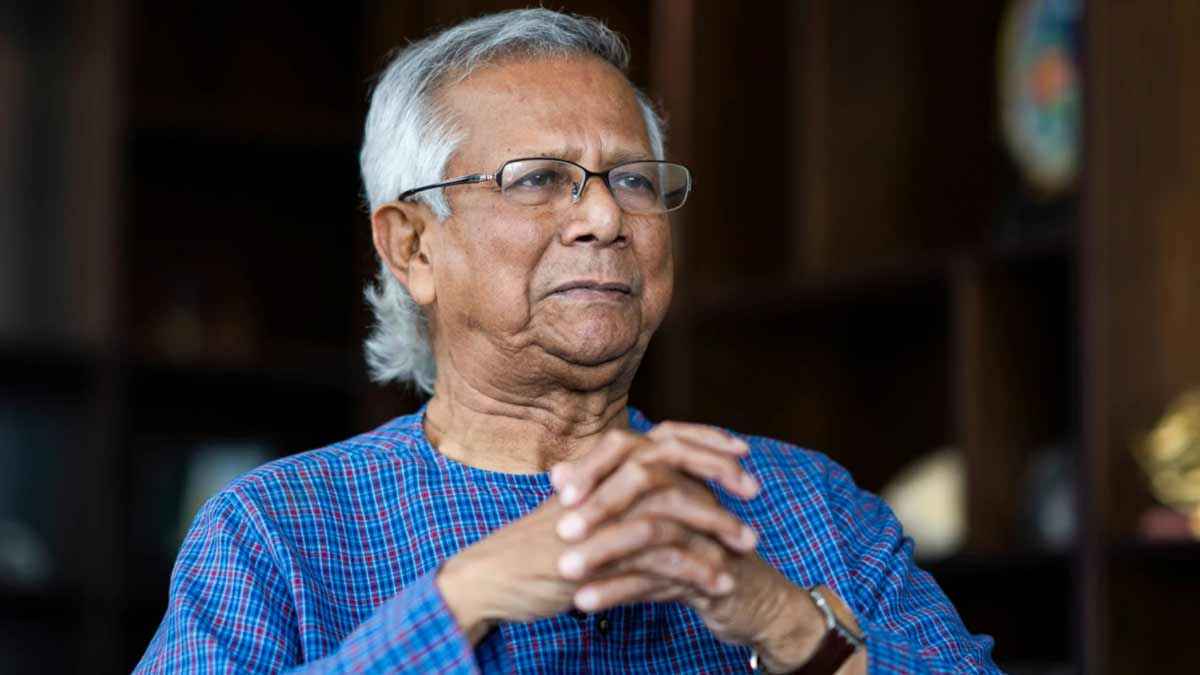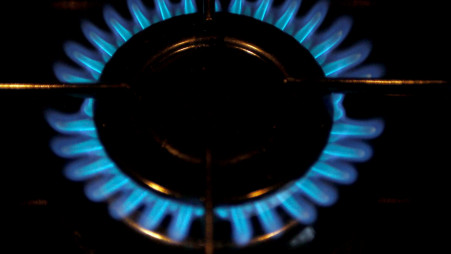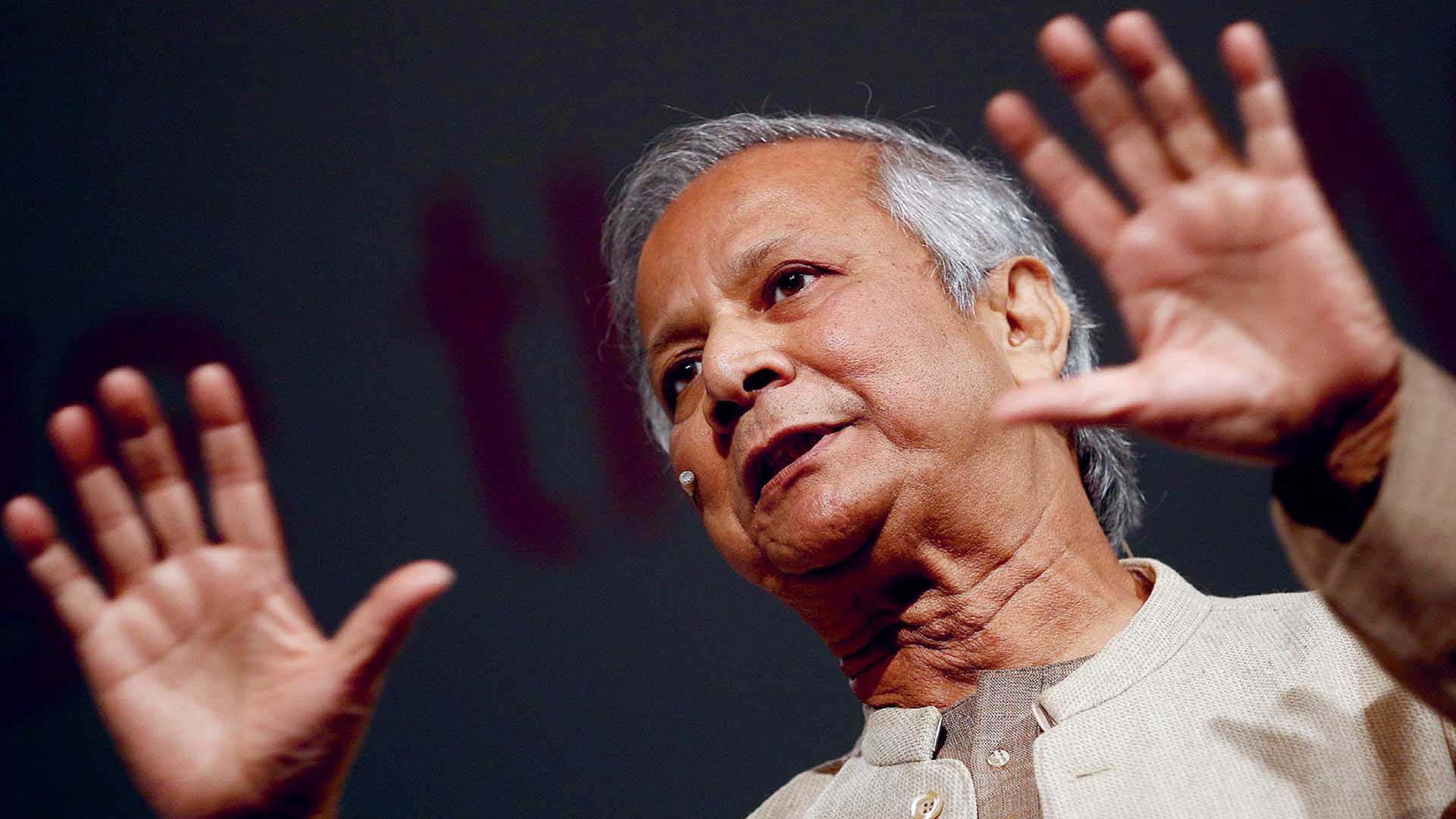The spending of money is going to be the biggest challenge for the government in implementing the current fiscal year’s budget as only 25 percent of the hefty budget outlay has been spent in the first six months.
The government announced a whopping Tk 6.04 trillion budget for 2021-22 financial year, but only close to Tk 1.5 trillion was spent during the July-December period.
It means that the rest of Tk 4.53 trillion has to be spent in the second half of the ongoing fiscal year.
Ministries, divisions and other state agencies have received enough budgetary allocations this FY, but they have limitations in spending the money for lack of capacity, officials said.
Because of this low capacity in executing the budget, the economy is not gaining the expected pace even after making a strong turnaround from the pandemic twist, according to economic analysts.
Besides, the new coronavirus variant, Omicron, is feared to pose a fresh threat to the economy.
The economic analysts have put emphasis on expediting the budget implementation as the increased money spending will help pass its benefit to the mass people at this crisis moment that requires more public expenditure.
Meanwhile, Finance Minister AHM Mustafa Kamal has shrugged off the Omicron fear, saying there is nothing to be worried so much about the new virus variant.
He claimed that the government has now enough preparations to tackle any crisis as it has successfully addressed the previous one. “The budget money spending remained low in the first six months as some agencies failed to meet their budget implementation target,” a finance ministry high official said, seeking not to be named.
He, however, admitted that more money should be spent at this corona crisis moment to save lives and livelihood from the pandemic.
The official also sees a positive aspect of the low budget expenditure, saying the low money utilisation has exerted less pressure on the state coffer as there is no budget deficit now.
The public borrowing situation is also in favour of the government as it needs no local or foreign loans to meet the budget deficit as of now, he explained.
The Health Services Division, which was supposed to spend money more to meet health emergencies amid the coronavirus pandemic, has been able to spend only Tk 43.76 billion out of Tk 258.13 billion budgetary allocation in six months, shows a report on the budget implementation scenario prepared by the Finance Division.
The Ministry of Primary and Mass Education managed to spend Tk 91.19 billion in the first half out of its Tk 262.35 billion yearly allocation. It could not be possible to open schools in the early months of the ongoing FY22. Although schools opened recently, those have been shut down again after a fresh hike in coronavirus cases fuelled by Omicron.
Similarly, the Secondary and Higher Education Division could spend Tk 113.83 billion so far from Tk 364.15 billion allocation made in the national budget for the agency.
The government had allocated Tk 253.97 billion in the budget for FY22 for the Power Division, but it has been able to utilise Tk 24.79 billion during the July-December period, official data showed.
Agriculture ministry could spend Tk 49.85 billion out of Tk 161.01 billion allocation. Social welfare ministry has been able to utilise Tk 19.96 billion from its Tk 91.23 billion allocation while the Ministry of Food has managed to spend Tk 33.70 billion out of Tk 53.09 billion.
The budget spending situation was slightly better for the Election Commission as it had to spend money to conduct local government elections across the country.
It has been able to spend Tk 10 billion out of its Tk 17.28 billion yearly allocation.
But many other budget implementing agencies could not spend the expected money both from their operational and development expenditure.
Mustafa K Mujeri, former director general of Bangladesh Institute of Development Studies (BIDS) and a renowned economic analyst, said: “Usually budget execution remains low at this point of time every year, but in the current fiscal year, the money spending rate came down further because of a fresh coronavirus onslaught.”
Despite the attempts to make a turnaround from the Covid crisis, Dr Mujeri sees risks for the economy in the coming days if the corona situation does not improve.
Meanwhile, the National Board of Revenue (NBR) could collect a total of Tk 1,262.09 billion revenue in six months, which was Tk 170.82 billion or nearly 12 percent lower than the target set for the July-December period.
The economic analysts think the revenue collection did not improve that much as economic activities and industrial production have not fully resumed to the pre-Covid level.


